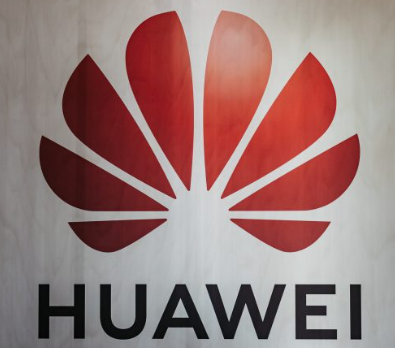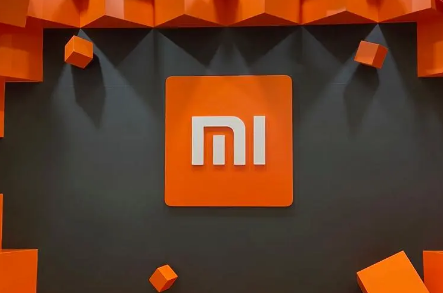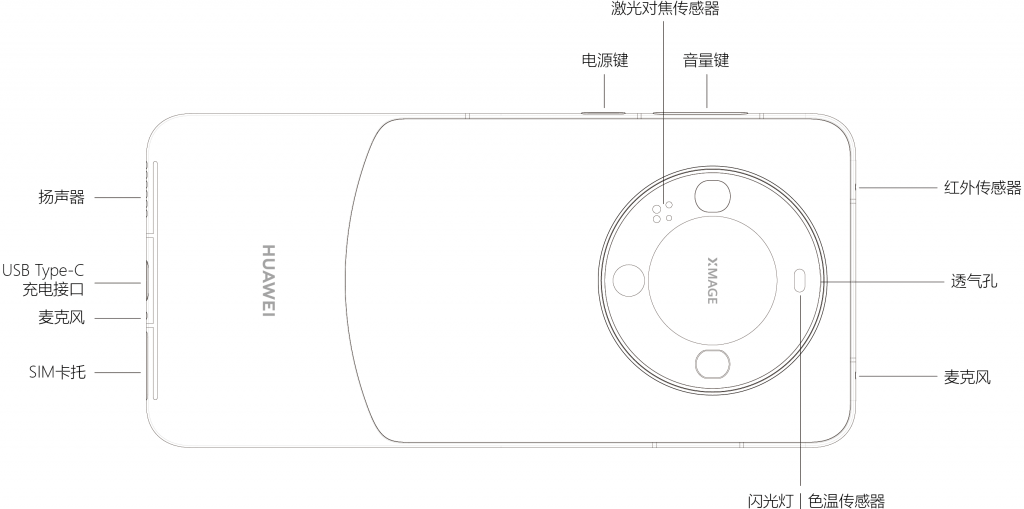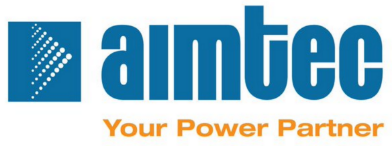Chinese tech giant Huawei plans to introduce 'augmented reality' glasses in next one or two years
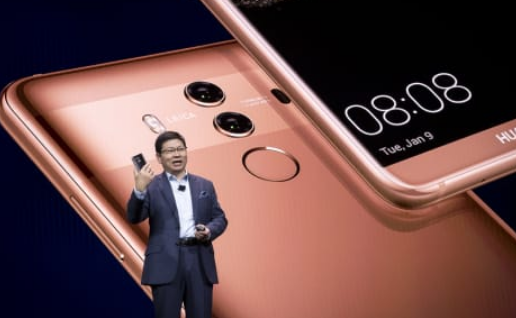
David Paul Morris | Bloomberg | Getty Images
Richard Yu, chief executive officer of Huawei Technologies Co., holds the Mate 10 Pro smartphone while speaking during the company's keynote event at the 2018 Consumer Electronics Show (CES) in Las Vegas, Nevada, U.S., on Tuesday, Jan. 9, 2018.
Huawei is working on augmented reality (AR) smart glasses which could debut in the next one or two years, potentially pitting it in a race against Apple, which is reportedly working on a similar product of its own.
AR is a technology that sees virtual three-dimensional images overlaid onto the real world. It's a similar principle as smartphone game apps that let users see digital objects through the screens on their phones that appear to be within the scene captured on their screen.
The Chinese technology giant already has augmented reality apps on its latest Mate 20 Pro smartphone.
But Richard Yu, CEO of Huawei's consumer business, told CNBC in an exclusive interview that AR glasses are in the works which could take the experience to the next level. These would be wearable spectacles that allow people to experience AR.
"With this AR, you can have AR glasses working with phone, maybe you can watch more of a large area," Yu said.
"In the beginning you may feel AR … is nothing. But in the future you will see more and more the value of that," he added.
Yu said the company will bring more augmented reality experiences to the smartphone first, so users become accustomed to it before the company releases the glasses.
"The next one to two years I think the industry will commercialize, even for Huawei. We will bring a better user experience product," Yu said.
Industry gives smart glasses another go
Wearable smart glasses are a technology that has not really taken off among consumers. Google Glass, one of the first versions of this product, didn't catch on. Microsoft has a product called HoloLens that uses augmented reality, but it's marketed to business users.
But it appears there's a renewed interest in the concept among major consumer electronics companies.
Last year, Bloomberg reported that Apple is working on an AR headset. In August, the U.S. technology giant acquired Akonia Holographics, a company that makes lenses for such a product.
Apple is not the only technology firm that wants to get in on the action. Facebook is working on AR glasses. Last month, Ficus Kirkpatrick, the social network's head of augmented reality, confirmed to TechCrunch that an AR hardware product is in the works.
Augmented reality is a technology that has been talked up by tech leaders including Apple CEO Tim Cook. And it's an area where analysts expect to see huge growth — albeit off a low base. Market research firm IDC expects just over 200,000 AR headsets to be shipped this year, rising to over 21.59 million in 2022.
"AR headset growth may seem muted, but it's still very early days in this market," Tom Mainelli, vice president of devices and AR/VR at IDC, said in a report published in September.
Huawei is now No. 2 smartphone maker
Huawei has become a serious player in consumer electronics, recently overtaking Apple as the world's second-largest smartphone maker. It has been growing in other areas such as laptops and smartwatches, and it recently announced a smart speaker called the AI Cube.
The company has not been afraid to jump into new product areas and challenge the dominant players.
The consumer business at Huawei is very young but has grown rapidly. Last year, revenue for the division were up 31.9 percent year-on-year to 237.2 billion yuan ($34.1 billion).
在线留言询价
- 一周热料
- 紧缺物料秒杀
| 型号 | 品牌 | 询价 |
|---|---|---|
| BD71847AMWV-E2 | ROHM Semiconductor | |
| TL431ACLPR | Texas Instruments | |
| MC33074DR2G | onsemi | |
| CDZVT2R20B | ROHM Semiconductor | |
| RB751G-40T2R | ROHM Semiconductor |
| 型号 | 品牌 | 抢购 |
|---|---|---|
| TPS63050YFFR | Texas Instruments | |
| BP3621 | ROHM Semiconductor | |
| STM32F429IGT6 | STMicroelectronics | |
| BU33JA2MNVX-CTL | ROHM Semiconductor | |
| ESR03EZPJ151 | ROHM Semiconductor | |
| IPZ40N04S5L4R8ATMA1 | Infineon Technologies |
- 周排行榜
- 月排行榜
AMEYA360公众号二维码
识别二维码,即可关注


